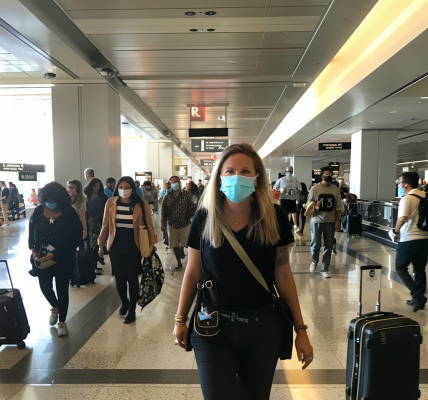Are you feeling constantly tired, experiencing tingling sensations in your hands and feet, or noticing a fast heart rate? These could be signs that your diet lacks sufficient vitamin B12. As the human body does not produce vitamin B12 on its own, it is essential to ensure you are getting an adequate amount of this nutrient through your diet.
Vitamin B12 is primarily found in animal-based foods but can also be present in items like bread and cereals. However, if you are not consuming enough of these sources, you may start experiencing various symptoms indicating a deficiency of vitamin B12 in your body.
Signs Your Diet Might Lack Vitamin B12
1. Shivering of Hands and Feet: Tingling sensations in your hands and feet could be a result of peripheral nerve damage due to a lack of vitamin B12.
2. Pale Skin: Yellowing of the skin, known as jaundice, can occur when there is an insufficient production of red blood cells, indicating a deficiency of vitamin B12.
3. Trouble in Walking: Numbness in the feet and limbs, along with muscle weakness, can make walking difficult due to peripheral nerve damage caused by a lack of vitamin B12.
4. Mouth Pain: Oral health issues like a bad taste, swollen tongue, and burning sensation in the mouth can be signs of a vitamin B12 deficiency.
5. Fast Heart Rate: An increased heart rate can be a common symptom of vitamin B12 deficiency, affecting red blood cell count and oxygen circulation in the body.
6. Fatigue: Lack of vitamin B12 can lead to megaloblastic anemia, resulting in constant fatigue and tiredness.
7. Weight Loss: Digestive issues caused by a lack of vitamin B12 may lead to nausea and loss of appetite, ultimately resulting in weight loss.
8. Nausea: Insufficient oxygen reaching the gut due to a deficiency of vitamin B12 can cause feelings of sickness and may also result in diarrhea.
It is important to pay attention to these signs and symptoms as they could indicate a need to adjust your diet to include more sources of vitamin B12. If you are experiencing any of these symptoms, consider consulting a healthcare professional for proper evaluation and guidance on improving your vitamin B12 intake.





